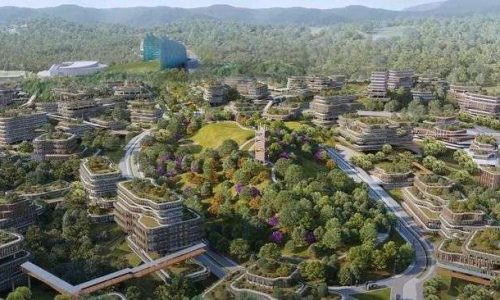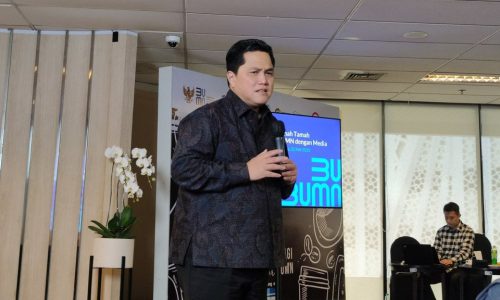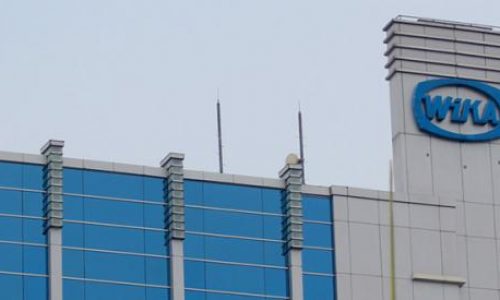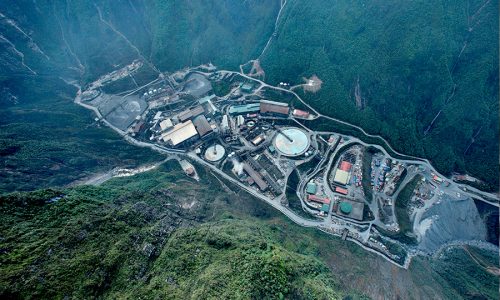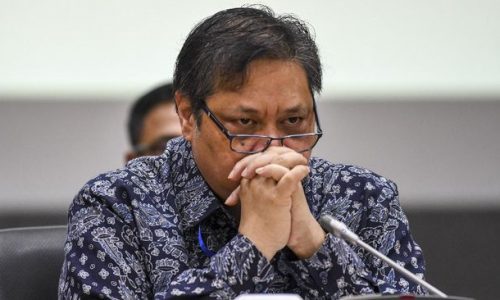The Indonesian government has legalized 237,511 hectares (586,902 acres) of illegal plantation areas through an ‘amnesty’ program stipulated under Law No. 11 of 2020 concerning Job Creation, or more famously known as the Omnibus Law.
The Omnibus Law amends a total of 76 laws and regulations, including Law No. 18 of 2013 concerning Prevention and Eradication of Forest Destruction (Law 18/2013), specifically Article 110A and 110B of Law 18/2013.
The Omnibus Law, through its amendment of Article 110A of Law 18/2013 allows anyone who had conducted business activities and obtained a business license within a forest area, but has not fulfilled other requirements as stated by law, will have three years to complete the requirements or be subjected to administrative fines or revocation of business license.
In addition, Article 110B of Law 18/2013, as amended by the Omnibus Law, stated that individual that conducted business without proper licenses will be subjected to administrative fine or temporary suspension of business activities.
Exemption and whitewashing
The Omnibus Law exempted individuals that have lived in forest areas for at least five years and owned at least five hectares of land.
Raynaldo G. Sembiring, Executive Director of the Indonesian Center for Environmental Law said that the Omnibus Law provides leniency and actually provide the chances for people who had already violated provisions on the use of forest areas by allowing them to fulfill mandatory requirements.
Similarly, Teguh Surya, Executive Director of Sustainable Civil Society Foundation (Yayasan Madani Berkelanjutan), asserted that giving three years for individuals or business to complete their licenses is a clear act of providing leniency for violators.
“This is not an act to fix mishaps but a whitewashing environmental crime, either for licensed or unlicensed,” Teguh said.
Teguh added that the messy licensing issue of Indonesian natural resources extraction cannot be completed through the Omnibus Law. Teguh explained that based on his foundation’s data, around 75.6% (equals to 143 million hectares) of land in Indonesia are subject to forest area licensing problem.
Farms exempted
There are two types of plantations that qualify for exemption: those with the relevant licenses from local authorities but not from the national government, known under the program as 110a applicants; and those without permits from either the local or national governments, known as 110b.
110a plantations can win permanent legalization by paying fines and applying for and obtaining a rezoning license, also known as a forest release decree, from the Ministry of Environment and Forestry. However, 110b companies, which must also pay fines, can only continue operating for one more crop cycle, or up to 15 years. Plantations located in protected or conservation forest areas can’t be amnestied and the land will be immediately taken over by the ministry.
Geared towards small farmers, benefits corporations
The Ministry of Environment and Forestry claimed that the ‘amnesty’ program is geared towards small farmers. However, a campaign manager from
And while the Ministry of Environment and Forestry says the amnesty program is also geared toward small farmers who manage illegal smallholdings, most of the plantations that have benefitted to date are run by companies, according to Uli Arta Siagian, forest and plantation campaign manager at environmental NGO Walhi.
“The largest proportion [of amnestied plantations] are for companies, and so far the ones who have obtained [rezoning] decrees are corporations,” she told Mongabay. “This means that the narrative of this scheme being pro-farmer is used as a basis for actions that actually enrich and pardon the sins of companies.”
Uli also noted the opacity of the amnesty process, saying it’s closed off from public scrutiny.
“We don’t know what the process is like in detail because it’s behind closed doors,” she said. “So it’s prone to be marred by conflicts of interest, because there’s no justice in a room that’s closed.”



